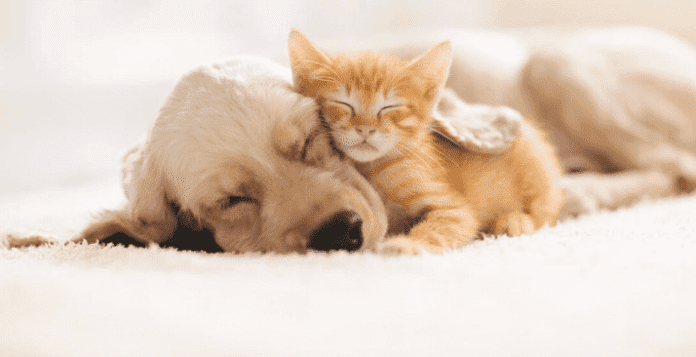Early in my recovery, my emotions were a volatile rollercoaster of extreme highs and sudden lows. The deregulation of my system coming from a place of never eating and only feeding my body sugar and living off of the drugs that ruled my life, to eating three regular meals a day and maintaining complete abstinence from all other substances, might have had something to do with that.
In reality, during my use, I was always hungry, angry, lonely and tired. I was in a state of perpetual existence of what I now know to be called HALT. My rational thoughts are the things that HALT when I’m not paying attention to Hungry, Angry, Lonely, Tired. This is a term used in recovery by rehabs and many twelve step programs. They are a culmination of what a lack of self care truly looks like whether you are in recovery or not.
One day, I called a woman who was important in my recovery, and was ranting and raving about someone that had really irritated me, and I didn’t understand why they just couldn’t act the way I wanted. I was irrational in my anger and internally knew that something was off, but I couldn’t stop the freight train of my angry, abusive litany; I broke down crying in fear and frustration and asked her what was wrong with me. I felt ashamed at the way I was acting and fear that I couldn’t stop. She calmly asked if I was experiencing HALT. After some discovery questions, we figured out, together, that I hadn’t eaten all day. She suggested that I eat something and call her back.
At that moment, I didn’t see how eating would really make THAT much of a difference but sure enough, 15 or 20 minutes after I had eaten, I felt like a normal human being, and realized just how irrational I had been. I was still shocked that it worked. Was that all I really had to do? Was managing my feelings as simple as making sure that I wasn’t hungry? That calling a friend to combat loneliness was a useful and effective tool to regulate my emotions? Was taking a nap the “adult” thing to do? These are simple tools to reduce stress, which otherwise could inevitably cause a relapse.
There are many such scenarios since that first phone call where I have found myself in a tizzy about something or other, and now my first go-to is checking if I’m in HALT. I now have something to focus on to alleviate the negative path that my mind is barreling down.
I even learned that adding an S to HALT made a lot more sense. S as in sickness. The stress of being sick has been a factor in many relapses, and deserves a place in the system of self-care.
If you find yourself stressed out and angry for no reason, overwhelmed with emotions that you can’t control, HALT and ask yourself: am I hungry, angry, lonely, tired or sick? Then, if you answer yes to any of them, take care of those things. Sometimes that is really all you have to do.



